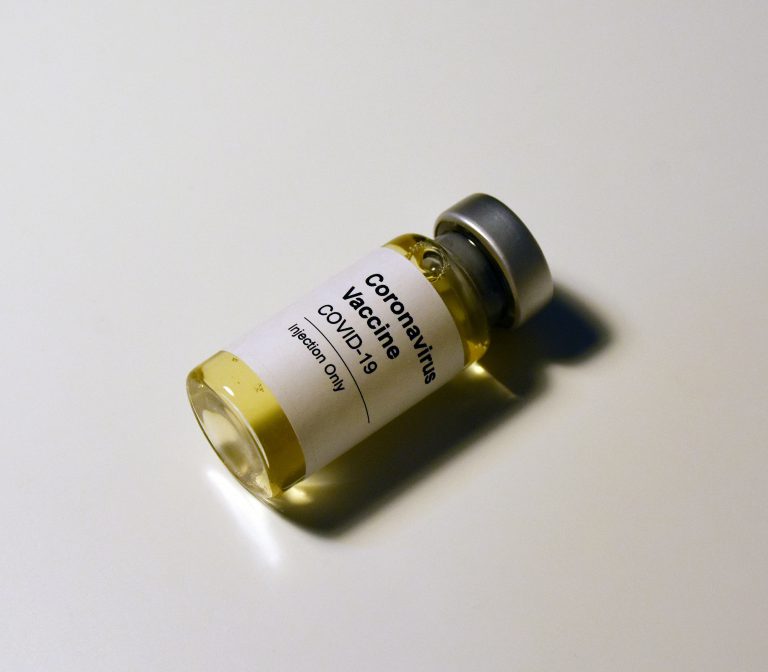Early in December 2019, we saw the emergence of a new strain of coronavirus—a virus that has caused global concern. Echoing the 2002 SARS epidemic, COVID-19 originated in China and is believed to have derived from a mutation occurring from an animal market in Wuhan (which has since been closed).
Wuhan has a population of about 11 million as well as a major industrial and commercial hub., Given the large groups of people departing and arriving, the government’s shutdown of the area was crucial to controlling the outbreak. The volume of people who were exposed to the virus before that decision unfortunately led to a large-scale transmission of the virus and concerns over a potential worldwide pandemic. Since the outbreak, there have been over 1,700 confirmed cases in 28 countries outside of China, with 17 reported fatalities. China has suffered the most from the outbreak with over 77,000 confirmed cases and at least 2,500 deaths in the last two months.
What is Remdesivir and How it can Help Treat COVID-19?
Remdesivir was initially developed as a vaccine against multiple emerging viral pathogens including SARS, MERS, Ebola, and Marburg. However, it has been proven less effective against those viruses. It was only in January 2020 when one COVID-19 patient received Remdesivir and showed significant improvement in their symptoms. The Chinese government then started conducting human trials to assess further the effects of this drug on COVID-19 patients.
WHO (World Health Organization) health experts believe that Gilead’s experimental antiviral drug Remdesivir shows to be one of the most promising candidates against the COVID-19 virus.
Studies conducted on the administration of Remdesivir on randomly assigned 18 male rhesus macaques have demonstrated in vivo and in vitro activity against MERS and SARS, which are structurally similar to COVID-19 virus. This means that there is a potential for this drug to be an effective treatment for the novel coronavirus.
Clinical trials in China are still ongoing and it won’t take long before results will come out. Even though Remdesivir is not yet approved or licensed by FDA and there have yet to be studies released on its effectiveness, it is still administered for emergency cases in a small range of patients. So far, no adverse effects have been seen.
Clinical Trials to Treat the Virus
Gilead Sciences, Inc. (Nasdaq: GILD) has started initiating two Phase 3 clinical trials to assess the efficacy and safety of investigational antiviral Remdesivir on patients who were diagnosed with the novel coronavirus. These studies, which will begin in March, will involve tests on approximately 1,000 adult patients confined in medical centers, primarily across Asian regions and other countries with higher numbers of confirmed cases. These open-label, multicenter, and randomized studies will evaluate two dosing durations of Remdesivir, administered intravenously on every patient. Gilead’s studies of using the investigational new drug (IND) Remdesivir for the treatment of COVID-19 have been reviewed and accepted by the US Food and Drug Administration. The initiation follows the strict guidelines implemented by the agency.
Other biopharma companies are also working on developing a vaccine for this virus. The Coalition for Epidemic Preparedness Innovations (CEPI) earlier on Thursday, announced that a arrangements have already been made to develop an mRNA vaccine against COVID-19. Both Moderna and Inovio Pharmaceuticals have also received fundings to help speed up with their efforts to develop potential vaccines.
Browse our site for more news in the medical industry.
















